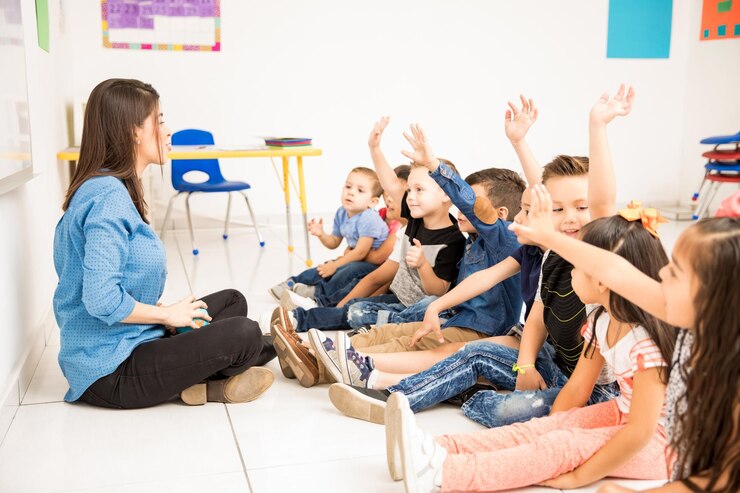Introduction: Importance of Preschool Education
Preschool education plays a critical role in your child’s development, helping them build the social, emotional, and cognitive skills they’ll need throughout their academic journey. Whether you’re considering enrolling your child in a formal preschool program or homeschooling, early education provides the foundation for lifelong learning. In this blog, we’ll explore the benefits of preschool education and how it prepares your child for success.
1. Social and Emotional Development
One of the key benefits of preschool education is socialization. In a preschool environment, children learn how to interact with their peers, share, take turns, and develop friendships. These early experiences help build emotional resilience and empathy, which are essential for success in school and life.
2. Cognitive Skills and Early Learning
Preschool programs introduce children to fundamental concepts in math, language, and science. Through play-based learning, children begin to develop cognitive skills that will serve them in kindergarten and beyond. Activities like counting, identifying shapes, and learning letters lay the groundwork for reading and math proficiency.
3. Encouraging Independence
In preschool, children learn to become more independent by completing tasks such as dressing themselves, following instructions, and solving simple problems. This increased independence boosts their self-confidence and prepares them for the structured environment of formal schooling.
4. Language Development
Early language development is a major focus in preschool education. Through songs, stories, and conversations with teachers and peers, children expand their vocabulary and improve their communication skills. This helps them express their thoughts clearly and enhances their overall literacy development.
5. Fostering Creativity and Imagination
Preschool encourages creativity through arts, crafts, and imaginative play. These activities allow children to explore their interests, develop fine motor skills, and build critical thinking abilities. Creative expression also helps children manage their emotions and find healthy ways to express themselves.
6. Building Routine and Structure
Preschool introduces children to routines and schedules, which are essential for transitioning into kindergarten. Learning to follow a routine helps children feel secure and understand the concept of time, leading to better time management as they grow.
Conclusion
Preschool education provides your child with the tools they need for a successful academic journey. By fostering social skills, independence, and creativity, preschool lays the foundation for lifelong learning. Whether you choose a formal program or home-based preschool education, the benefits will last well into your child’s future.
Importance of Preschool Education

